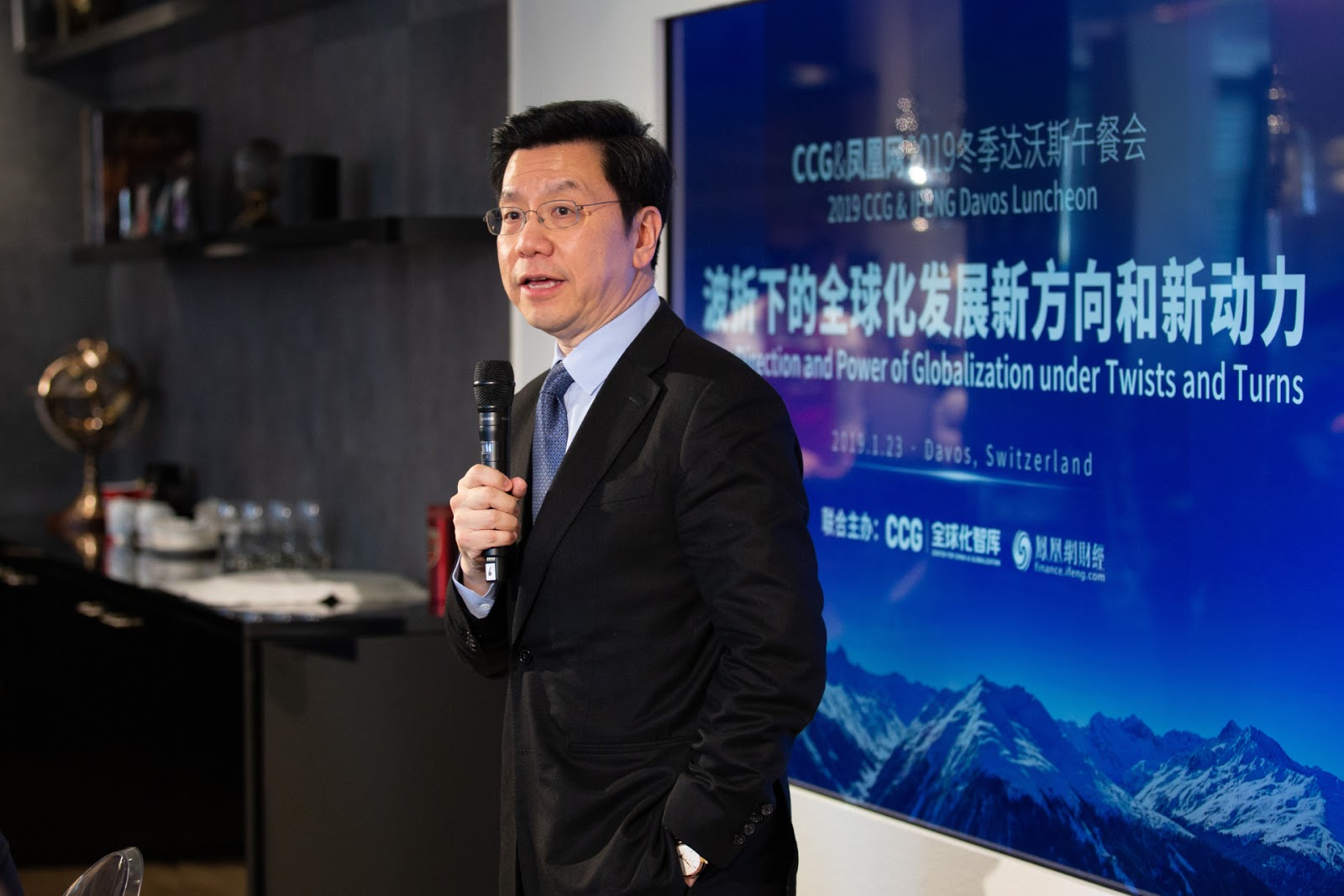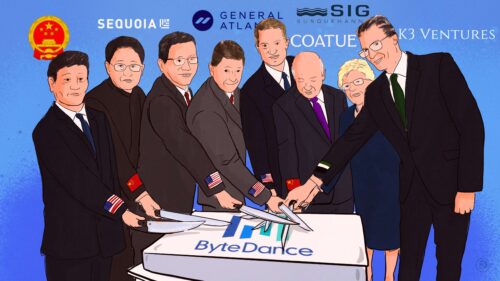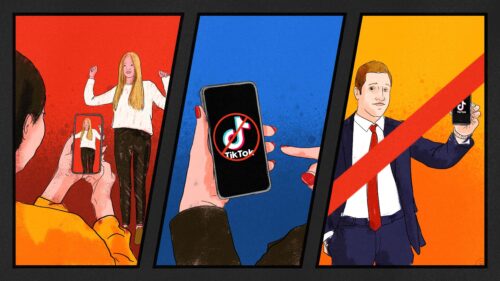Anger rises in China over Trump’s ‘inconceivable’ treatment of TikTok
Chinese state media and businesspeople are outraged at Trump’s requirement that TikTok sell its U.S.-based operations. The China Daily called it “tantamount” to “an officially sanctioned ‘steal’ of Chinese technology,” while famous tech investor Kai-Fu Lee called it “inconceivable.”

After the Trump administration issued an ultimatum to ByteDance, the Beijing-based owner of TikTok, to sell its U.S.-based operations or be banned by September 15, anger is rising in China over the treatment of the country’s most valuable startup.
Government reactions: A selection of comments, from those who represent Beijing’s official view to trollish state-media-affiliated talking heads intending to provoke:
- The Chinese Foreign Ministry called the forced sale a “blatant act of bullying, to which China firmly opposes.”
- The China Daily wrote two editorials, one on August 3 that called the U.S. move “tantamount” to “an officially sanctioned ‘steal’ of Chinese technology,” following another editorial a day earlier that said political and commercial interests in the U.S. were “in collusion to crush” TikTok. Nationalistic rag the Global Times issued an editorial that said the TikTok ban “would harm [the U.S.’s] own internet diversity and its belief in freedom and democracy.”
- Hú Xījìn 胡锡进, the trollish editor-in-chief of the Global Times, tweeted that President Trump’s (probably illegal) suggestion that the U.S. Treasury should get a cut of the TikTok sale price was “open robbery,” and that under Trump, the U.S. was becoming a “rogue country.”
Business reactions: Two important businesspeople have made waves with their statements about TikTok’s potential sale in the U.S.
- One is ByteDance CEO Zhāng Yīmíng 张一鸣, who, upon confirming the potential sale was in motion, was lambasted on Chinese social media for having “surrendered” to U.S. pressure, The China Project reported yesterday.
- Zhang has since sent out another statement to ByteDance employees, Caixin reports, in which he “blamed an atmosphere of ‘anti-China sentiment’ for the intense scrutiny of his company,” and claimed that the U.S. always intended to impose “a comprehensive ban” on TikTok.
- The famous tech investor Kai-Fu Lee (李开复 Lǐ Kāifù), who was the head of Google China before Google (mostly) left China in 2010, compared the treatment of Google in China with that of TikTok in the U.S., in leaked comments that went viral on the Chinese internet. Our translation of those comments:
When Google exited China, I had already left the company. However, the environment and regulations were very clear:
1) Foreign internet companies that want to enter the Chinese market need to comply with laws and regulations, which are described very clearly (joint venture, ICP certificate, servers in China, content, etc.). Those who are willing to observe these laws can apply to enter. Google entered in just this way.
2) When Google later felt unwilling to observe these laws, it decided to leave.
3) The U.S. did not lay out what TikTok would need to do to continue operating, and never gave any evidence whatsoever to back up its accusations about the company. Forcing the company’s sale, giving only 45 days to do so, and charging a middleman’s fee — these things are not only incomparable to Google, but inconceivable.
Read more:
- White House says unclear whether U.S. government will get cut of TikTok sale / Reuters
- Microsoft’s long history in China complicates potential TikTok deal / Caixin (paywall)
- TikTok, Trump and an impulse to act as C.E.O. to Corporate America / NYT (porous paywall)
- Why America is afraid of TikTok / Atlantic (porous paywall)
- It’s not just TikTok. Chinese firms face more U.S. roadblocks / Wired






